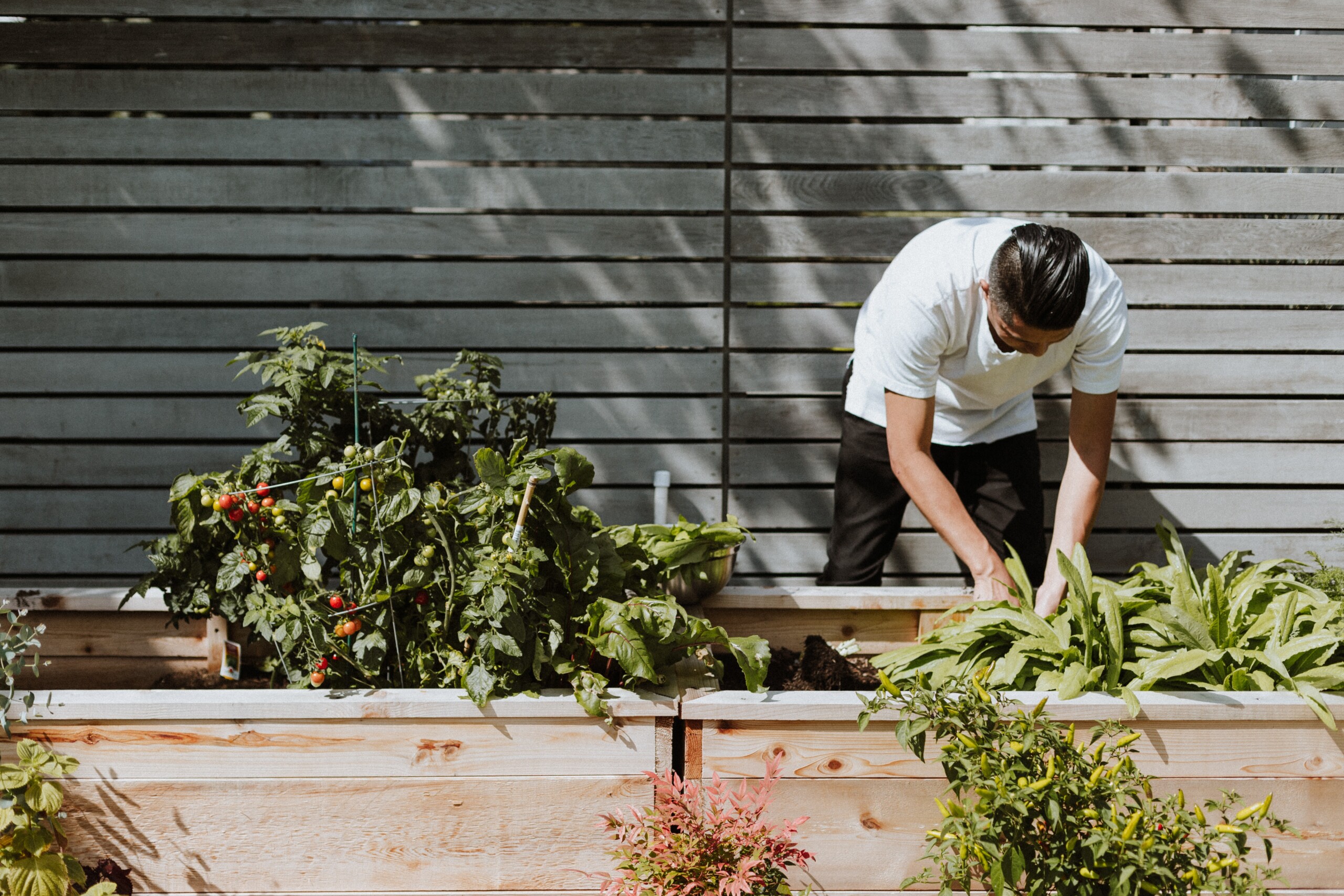
Maintaining a balanced diet can be difficult, especially when food prices fluctuate. Read on to learn a few best practices for growing your food.
Gardening is an excellent way to connect with nature while growing fresh produce free of harmful chemicals. Many home gardeners can attest to the health benefits of growing their food, and that getting started is easy with a bit of effort.
These tips for starting a healthy and nutritious garden will help vegans and other health-conscious individuals grow produce straight from the earth.
Choose the Right Location
A successful garden needs the perfect environment to support plant growth. A good location should have plenty of sunlight, adequate water supply, good drainage, and fertile soil. Consider whether your garden space will have shade during the day and choose plants that thrive in your area. You can also start a container garden indoors to maximize space and control the environment.
Use Nutritious Soil
Losing plants to a lack of nutrients is a poignant moment for beginner gardeners. Soil is the basis of a healthy garden, and choosing a well-drained and nutrient-rich option for your plants is crucial. You must ensure that the soil pH is suitable for the species you plan to grow, so it’s critical to begin by testing your soil for the amount of nutrients it holds. Different soil mixes are on the market and meant for specific plants such as vegetables, herbs, and flowers, but you can also use organic matter such as compost, worm castings, or aged manure to save some money.
Plan Your Garden Layout
Planning your garden layout before planting is necessary to maximize your garden space and yields. First, decide on the type of plants you plan to grow and how much space each plant needs. Some species, such as corn and squash, need more space and thrive in rows, while you can grow leafy greens like lettuce and spinach in smaller plots.
Grow the Appropriate Plants
Growing plants that are suitable for your climate and soil type is crucial. Start with good-quality plants or seeds grown by reputable companies and plan the best time to put them in the ground according to your climate. Produce such as carrots, tomatoes, spinach, and strawberries tend to be the most popular choices because they offer a range of diverse nutritional benefits.
Maintain Your Garden Throughout the Year
Starting and maintaining a healthy and nutritious garden may require some work and dedication, but it’s ultimately worth it. Water retention is one of the biggest reasons to mulch your garden in the fall. An irrigation system, such as a drip, sprinkler, or soaker hose, is a smart way to provide a uniform water supply to your plants and avoid producing waste.
Having a home garden can give you a sense of control over the quality and source of your food, making it a worthwhile investment. These tips for starting a healthy and nutritious garden can help you stick to your diet while eating a diverse range of foods.

